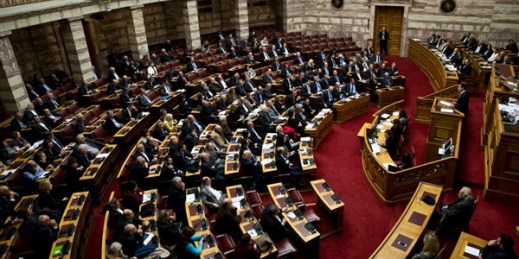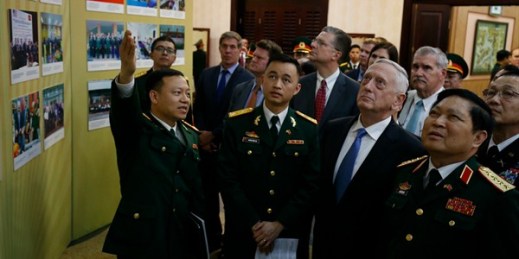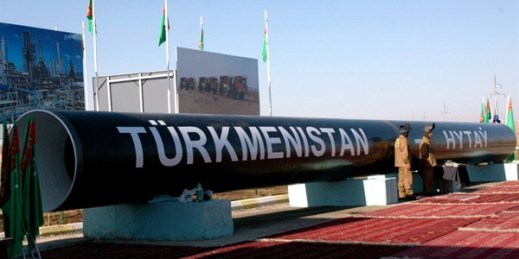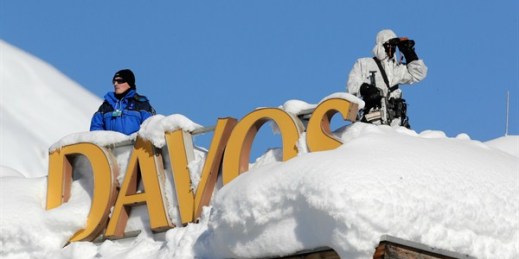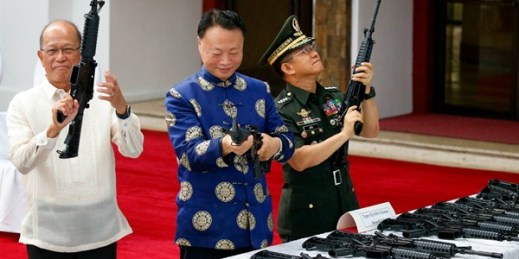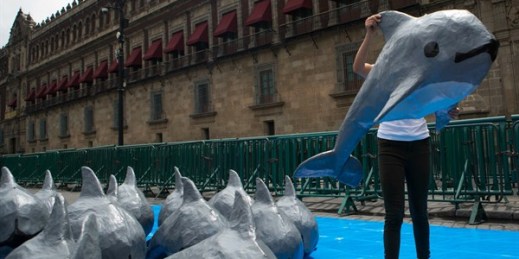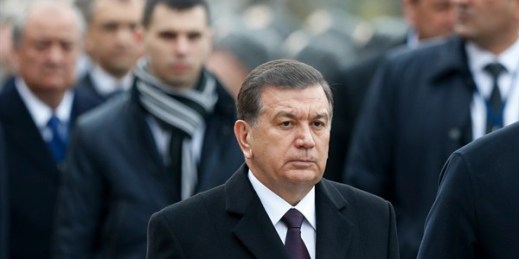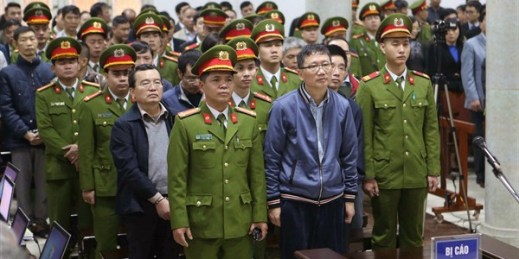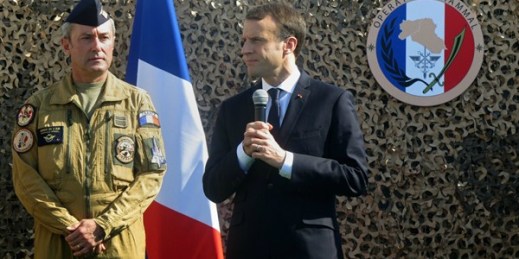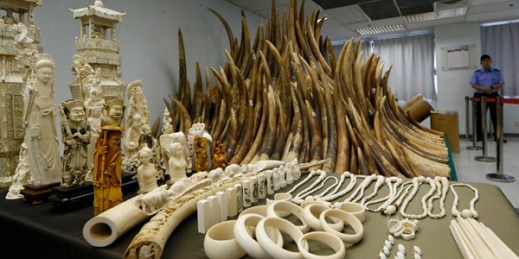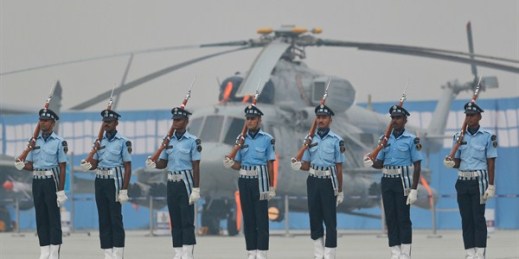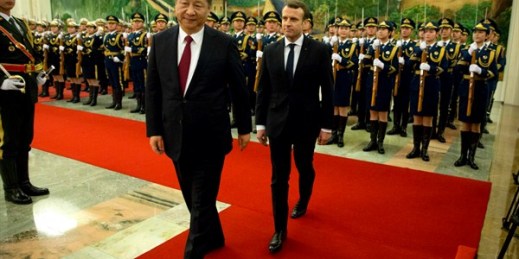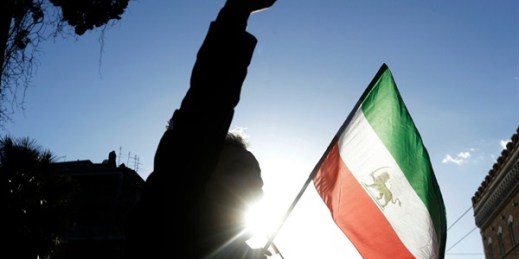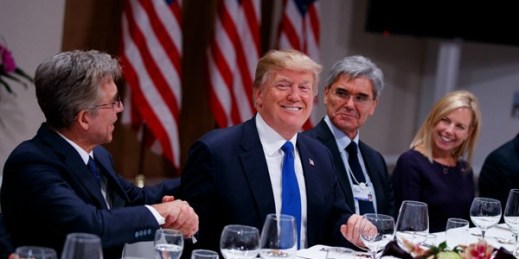
To surprise, relief or disappointment in various quarters, U.S. President Donald Trump managed to comport himself mainly with dignity and appropriate remarks when he encountered the global elite in Davos last week. At least he did during his formal speech, which was teleprompter Trump, not Twitter Trump, as he promoted investment in the United States and touted America’s economic growth. In a brief question-and-answer sessions after his speech, Trump quickly went off script, complaining about “how fake the press can be.” Many in the audience booed. But he still came away from Davos with generally high marks. Trump’s attendance at […]

